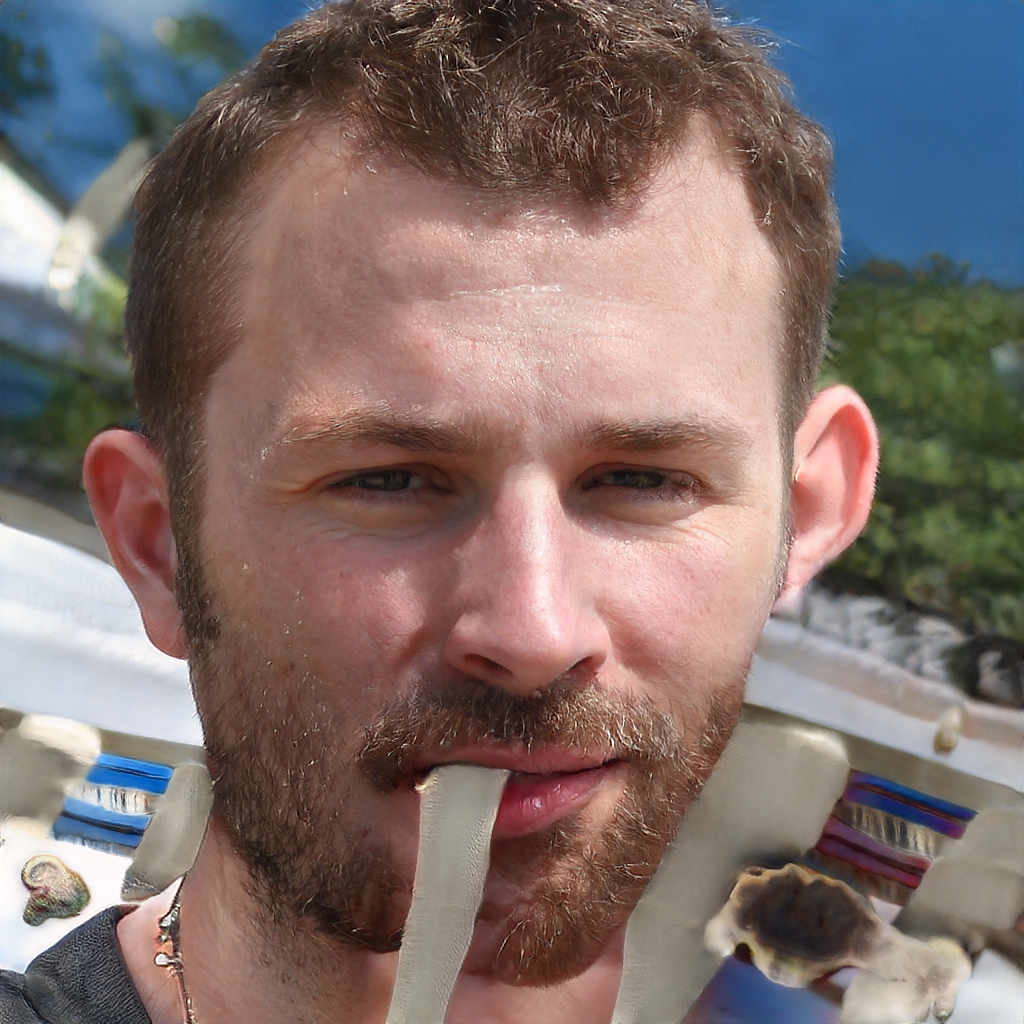A mature industry is one that has reached a point of saturation in terms of market share and growth potential. Typically, a mature industry will have a large number of well-established companies competing for market share, and little room for new entrants.
Mature industries are often characterized by slow or no growth, as there is often little or no innovation taking place. This can make it difficult for companies in a mature industry to achieve profitability, as they are often forced to compete on price.
There are a number of ways to try and turn around a mature business or industry, such as focusing on cost cutting, innovation, or diversification. However, it is often difficult for companies in a mature industry to achieve sustained growth, and many eventually go out of business. What is maturity stage in product life cycle? The maturity stage of a product's life cycle is when the product has been widely accepted by the market and sales begin to level off. This is typically the longest stage of a product's life cycle. During the maturity stage, companies focus on maintaining market share and improving profitability.
What are the two main types of market?
The two main types of markets are primary and secondary markets.
Primary markets are where new securities are created and sold to investors for the first time. In a primary market transaction, the issuer of the security (usually a company) raises money by selling new securities to investors. The money that the issuer receives from the sale of the securities is used to finance new investment or to repay existing debt.
Secondary markets are where securities are traded after they have been issued in the primary market. In a secondary market transaction, investors trade securities among themselves. The issuer of the security is not involved in the transaction. Secondary market transactions are facilitated by securities exchanges and over-the-counter markets. What is mature product? A "mature product" is one that is no longer in the early stages of its product life cycle, and is instead in the later stages of development. This means that the product has been on the market for a while, and sales are typically not growing as rapidly as they were in the early stages. This can be due to a number of factors, such as increased competition, changes in consumer preferences, or simply the fact that the product has reached its "saturation point" in the market.
In general, a mature product will have a slower growth rate than a product that is in the early stages of its life cycle. However, this doesn't necessarily mean that the product is no longer profitable or that sales have stalled completely. In fact, many mature products still generate a significant amount of revenue for companies.
It's important to note that the term "mature product" can be applied to products in any industry, not just consumer goods. For example, a software program or medical device that has been on the market for several years would be considered a mature product.
Is Russia considered an emerging market? Yes, Russia is considered an emerging market. Emerging markets are countries that are in the process of industrializing and developing their economies. They typically have lower incomes and less developed infrastructure than developed countries. Russia is the largest country in the world and has a population of over 144 million people. It has a diverse economy that includes agriculture, manufacturing, energy, and mining.
What is maturity stage? The maturity stage is the final stage in the product life cycle. It is characterized by slow growth, intense competition, and declining profits. Companies in this stage typically focus on product differentiation and marketing to maintain market share.
